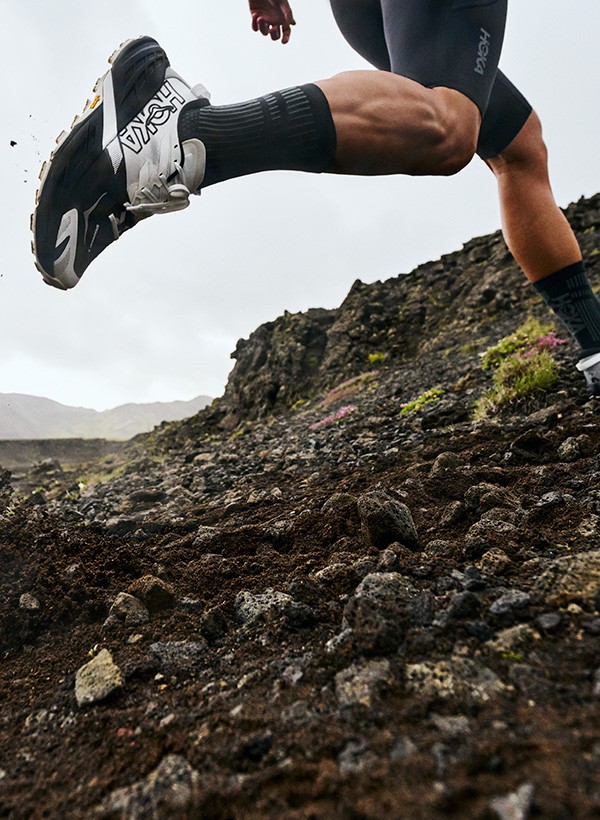RUN BETTER WITH OUR NEWSLETTER
Weekly updates on gear, offers & events
JOIN NOW
Looking for well-cushioned road-to trail shoes or grippy low-profile options? Need a bit of stability or a wide fit? Here's the season's top running picks.
Read More
Whether you want to shave some time off your PB, or you're looking for light & responsive running shoes for speed work, check out the latest road racers.
Read More
The final week before your big race, whether a half or full marathon, can be a stressful time. Here are 10 top tips to help get you to the start line.
Read More
Wondering how to choose the best running shoes for your marathon? Whether you're a beginner or you're seeking a faster time, here's what to keep in mind...
Read More
Running a marathon or half marathon? Here's a simple checklist of the best running kit, so you can enjoy your race with confidence.
Read More
Whether you're checking a compulsory kit list for an adventure race, or you just want to train comfortably, find out what's best for running off-road.
Read More
Wondering what running gear to wear for a race? Make sure you try it out in training, depending on the distance and the season.
Read More
New to cross-country and not sure what to get? From XC spikes to fell studs, plus clothing and accessories tips, get the low-down and check out our range.
Read More
Circuit training is a great workout to complement your running training. Exercises are short and intense with timed intervals between each station.
Read More
Knowing your foot strike and gait is crucial when choosing running shoes. Find out if you're neutral, overpronating or supinating, and what to do next.
Read More
Splayed feet? Duck feet? If you're out-toeing during your walk or run, don’t worry – you’re not alone!
Read More
Pick up some quick tips to help you prepare for your cross-country training and races – whether you're new to the sport, or are coming back to it.
Read MoreUK Delivery is FREE on orders over £10.
International Delivery within 3 working days via DHL (prices vary according to country).
Priority First Class Delivery within 3 working days (charge £5).
Next Day Delivery available weekdays on orders placed before 3pm for next working day delivery (charge £7.50).
Orders placed Monday - Friday before 3pm will be dispatched the same day.